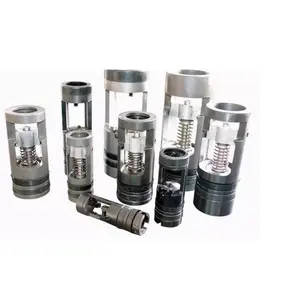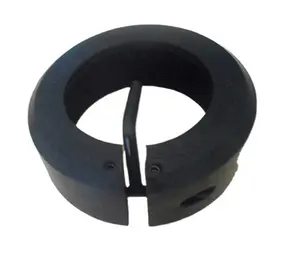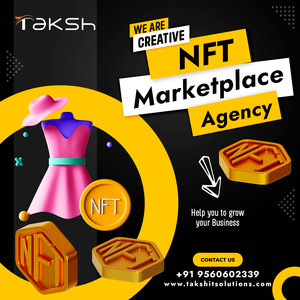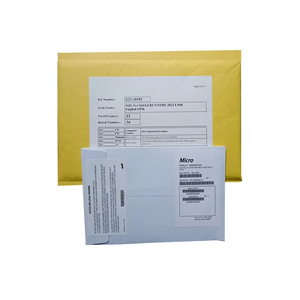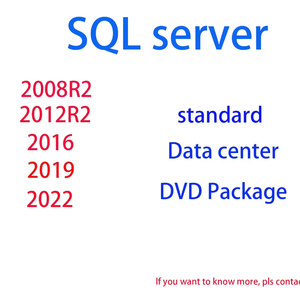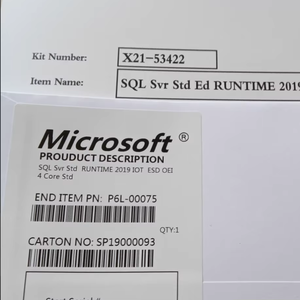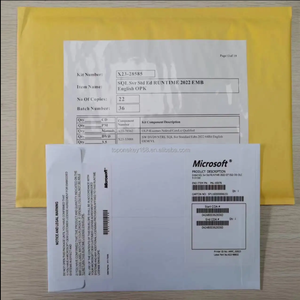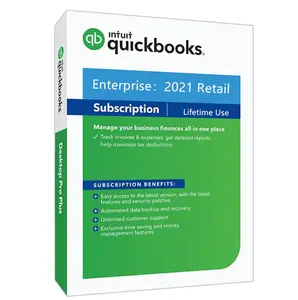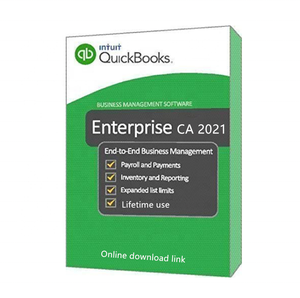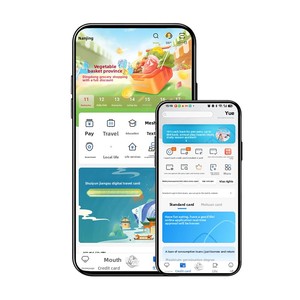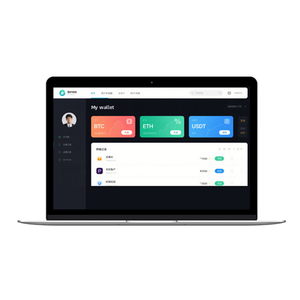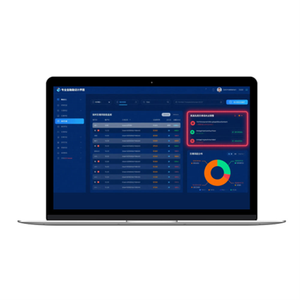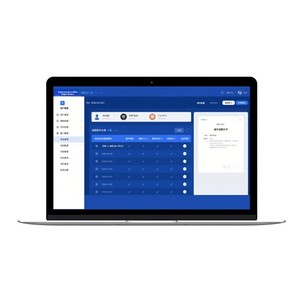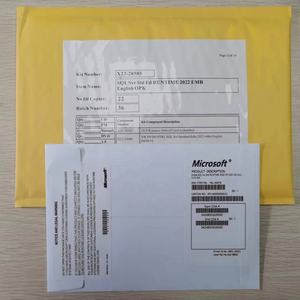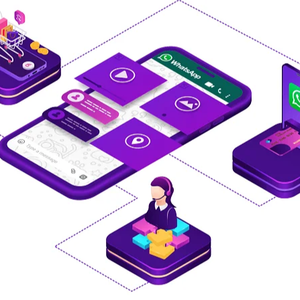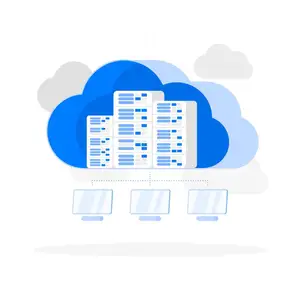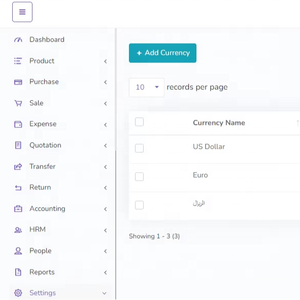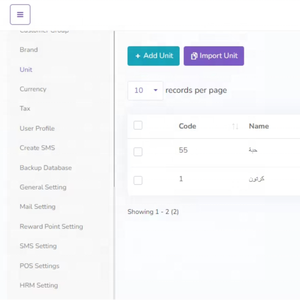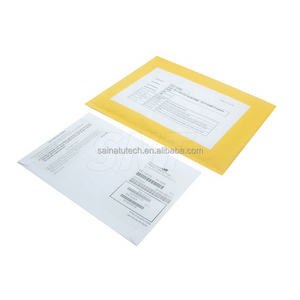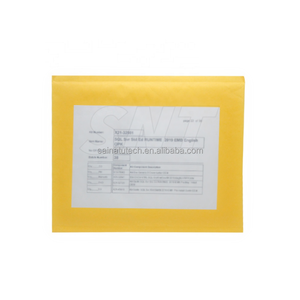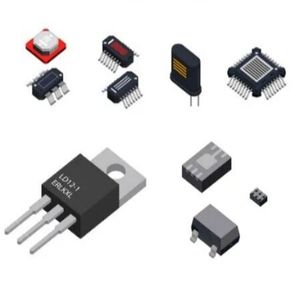Api To Create Supplier Bank Account In R12




 1/3
1/3







 1/17
1/17



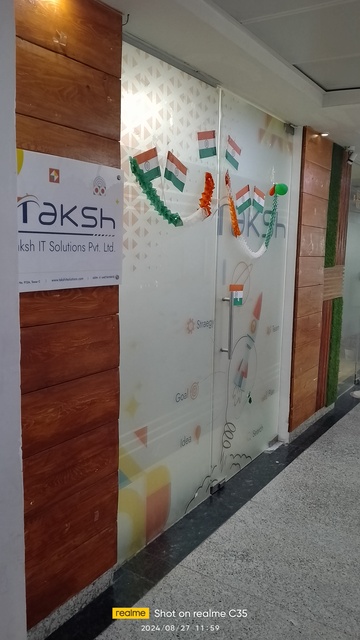

 1/3
1/3




 1/3
1/3



 0
0





 0
0





 0
0





 0
0

 CN
CN





 1/3
1/3




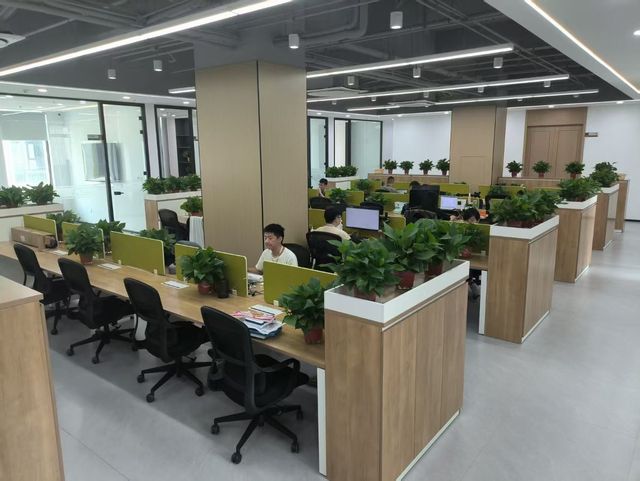

 1/2
1/2





 0
0




 1/2
1/2





 0
0





 1/3
1/3





 0
0




 1/3
1/3



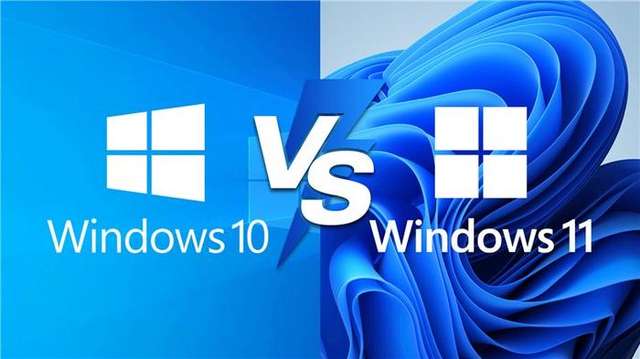

 1/2
1/2



 1/3
1/3



 1/3
1/3



 1/3
1/3
About api to create supplier bank account in r12
Where to Find Suppliers for API Integration in Oracle R12 Supplier Bank Account Creation?
The global market for API development services supporting enterprise resource planning (ERP) integrations, including Oracle E-Business Suite R12, is increasingly concentrated among specialized technology firms in China and India. These regions host a growing number of IT solution providers with demonstrated expertise in financial module automation, particularly in creating supplier bank account records via secure API interfaces. Industrial clusters in Henan and Shandong provinces in China, traditionally strong in oilfield equipment manufacturing, now include hybrid suppliers expanding into software integration, while Indian tech hubs contribute niche developers focused on ERP customization and cloud-based API security.
Suppliers offering API solutions for R12 financial workflows typically operate within dual-domain frameworks—combining domain knowledge in accounting systems with technical proficiency in REST/SOAP protocols, OAuth 2.0 authentication, and data encryption standards. This convergence enables end-to-end integration of supplier master data, including banking details, directly into Oracle Payables modules. Buyers benefit from reduced manual entry errors, accelerated onboarding cycles (typically under 48 hours post-deployment), and compliance-ready audit trails. The proximity of hardware and software capabilities in some Chinese suppliers allows bundled offerings that integrate physical procurement systems with digital finance backends.
How to Choose API Development Suppliers for Oracle R12 Integration?
Selecting qualified partners requires rigorous evaluation across technical, operational, and transactional dimensions:
Technical Expertise & Compliance
Verify proven experience with Oracle E-Business Suite R12 Financials, specifically the AP (Accounts Payable) and Supplier Gateway modules. Request documentation of prior implementations involving bank account creation APIs, including payload structure samples (without sensitive data), error handling mechanisms, and idempotency design. Confirm adherence to cybersecurity standards such as TLS 1.2+ encryption, role-based access control (RBAC), and alignment with PCI DSS or SOC 2 principles where applicable.
Development Capabilities and Customization Scope
Assess core competencies through the following criteria:
- Minimum 5 years in enterprise API integration projects
- Demonstrated portfolio in ERP systems (Oracle, SAP, NetSuite)
- In-house development team with certified Oracle professionals
Cross-reference stated capabilities with actual product listings indicating "Custom API Integration," "Cloud-Based API Security," or "Product Lifecycle Management Software" as primary offerings.
Transaction Reliability and Support Infrastructure
Prioritize suppliers with verifiable response times ≤2 hours and on-time delivery rates ≥90%. Analyze historical performance metrics: consistent online revenue above US $2,000 signals sustained operations. For long-term maintenance, confirm post-implementation support models, SLA terms for uptime guarantees (target: 99.5%+), and availability of sandbox environments for testing. Escrow payment arrangements are recommended until successful UAT (User Acceptance Testing) completion.
What Are the Leading Suppliers for API Solutions in R12 Supplier Setup?
| Company Name | Location | Main Products | On-Time Delivery | Avg. Response | Online Revenue | Reorder Rate | Customization Options |
|---|---|---|---|---|---|---|---|
| TAKSH IT SOLUTIONS PRIVATE LIMITED | India | AI Applications, Web Applications, APIs & Integrations | 75% | ≤1h | US $2,000+ | - | Yes |
| Shandong Yacheng Petroleum Technology Co., Ltd. | Shandong, CN | Oil Field Equipments, Drilling Tools | 100% | ≤2h | US $20,000+ | <15% | Yes |
| Qihaojie Petroleum Equipment (henan) Co., Ltd. | Henan, CN | Mining Machine Parts, Oil Field Equipments | 100% | ≤4h | - | - | No |
| RUGAO YAOU IMPORT & EXPORT TRADE CO.,LTD | Jiangsu, CN | Oil Rig Components, Mining Machines | 100% | ≤3h | - | - | No |
| Guangzhou Labubu Trading Co., Ltd. | Guangdong, CN | Software, Consumer Electronics | 100% | ≤4h | US $1,000+ | <15% | Limited |
Performance Analysis
TAKSH IT SOLUTIONS stands out as the only supplier explicitly listing "APIs & Integrations" among its main products, with a high responsiveness rate (≤1h) and specialization in custom API development, making it best suited for complex Oracle R12 financial integrations. Despite lower on-time delivery (75%), its focus on AI and web applications indicates stronger software engineering maturity. In contrast, Shandong Yacheng and Qihaojie Petroleum Equipment report 100% on-time delivery but primarily list industrial components rather than dedicated API services, suggesting potential limitations in backend system integration depth. Guangzhou Labubu offers low-cost software units ($15 minimum order) but lacks clear ERP-specific expertise. Buyers requiring robust, auditable API solutions should prioritize vendors with documented ERP project histories and structured development lifecycles.
FAQs
How to verify API supplier technical capability?
Request case studies involving Oracle R12 supplier data management, including API endpoint specifications, authentication methods, and integration architecture diagrams. Validate developer certifications (e.g., Oracle Certified Professional) and conduct code reviews during pilot phases.
What is the typical lead time for API deployment?
Standard API implementation takes 3–6 weeks, including environment setup, interface configuration, and testing. Complex deployments involving legacy systems or multi-currency bank validations may extend to 8–10 weeks.
Do suppliers offer sandbox environments for testing?
Reputable providers supply non-production sandboxes with mock data endpoints. Confirm whether test systems mirror live Oracle R12 instances and support automated test scripts.
Are customization costs included in initial quotes?
Most suppliers charge separately for requirement analysis, mapping logic, exception handling, and post-go-live support. Clarify scope boundaries upfront to avoid change-order escalations.
Can these APIs handle multi-entity or global supplier setups?
Yes, but only if designed with modular routing and localization rules. Ensure the API supports legal entity assignment, country-specific validation (e.g., IBAN formatting), and currency linkage before procurement.



